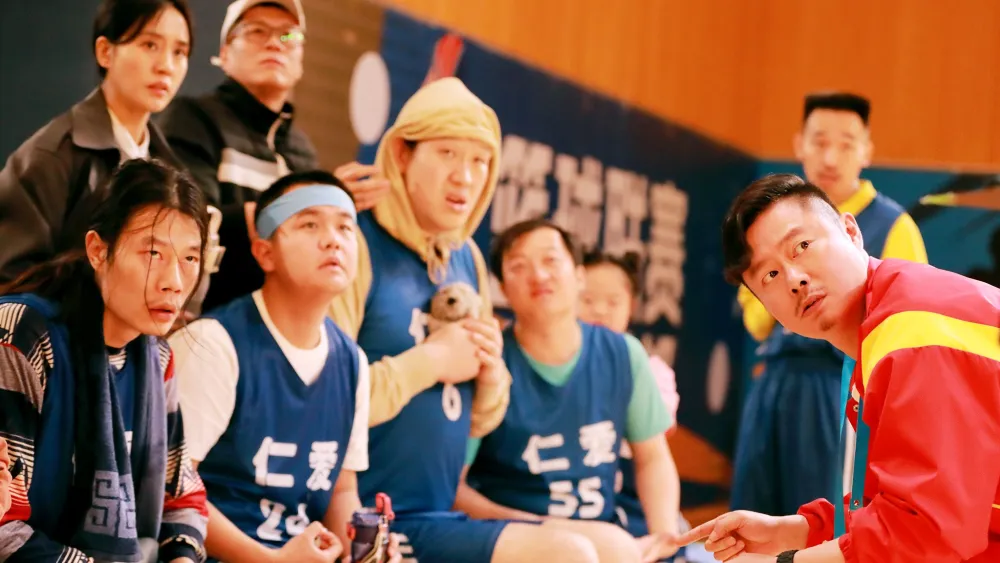Variety
Link click here
The international endurance of Spanish film adaptations was front and center this year at the Malaga Festival Industry Zone’s (MAFIZ) Remake Day event on Thursday, with a presentation of Shanghai-based Aim Media’s “Lose to Win,” the Chinese adaptation of the Latido Films-sold 2018 hit “Campeones” (“Champions”), directed by Javier Fesser.
“Champions” is produced by Luis Manso at Fesser’s Madrid-based Películas Pendleton (“Historias Lamentables”) alongside Alvaro Longoria at Spain’s Morena Films (“Everybody Knows”).
Global remakes of “Champions,” about a basketball coach who coaches a team of people with disabilities as community service, have so far included Arabic, German, U.S. (starring Woody Harrelson and directed by Bobby Farrelly) and Indian versions, not to mention a hugely successful Spanish sequel.
Discussing “Lose to Win,” directed by Gao Hu, ahead of a special screening of the film, Aim Media’s Emily Ruan detailed the benefits and challenges presented by the production.
Having the original film as a reference was a major benefit as it gave producers an idea of what the final work might look like and it saved a great deal of time in energy that would normally be spent in development, she explained.
“That just makes everything easier at the very beginning of the process.”
She added, however: “The challenges of having a remake is that you have to adapt the story into your local culture, to your audiences. And especially in our case, this is a Western story, and we have to adapt it into Chinese culture, or Eastern culture, and there’s a big difference in that.
“So what we did was keep the main structure of the story and the characters, but we did a lot of detail adjustments, like the financial status of the main character, the crisis he’s facing in his life, the motives, and also the character arc. We tried to adjust the details to make the story and characters more believable for our Chinese audiences.
One challenge the film presented was the different levels of integration of disabled people in Western and Eastern societies and the general familiarity with people with special needs among Chinese audiences. This could have resulted in audiences being uncomfortable with the idea of a comedy centering on disabled people.
In order to avoid that and make the film a more palatable comedy, the director and writer created a story that was somewhat detached from the reality of the modern world, giving it a feeling of fantasy that set it apart.
Latido CEO Antonio Saura noted, however, that the original “Champions” actually helped changed perceptions in Spain. “And I hope it will help in China as well.”
Saura stressed that the film, the original and subsequent remakes, are making fun with the disabled group, not of them.
The film actually pokes fun at the so-called normal people, who are the ones that are not very normal, he added.
“When I saw your movie, I felt that you had perfectly well translated that to China,” Saura said to Ruan.
“My perception was that it was very real, that it was that you had achieved exactly what the the director of the original movie was trying to achieve.”




